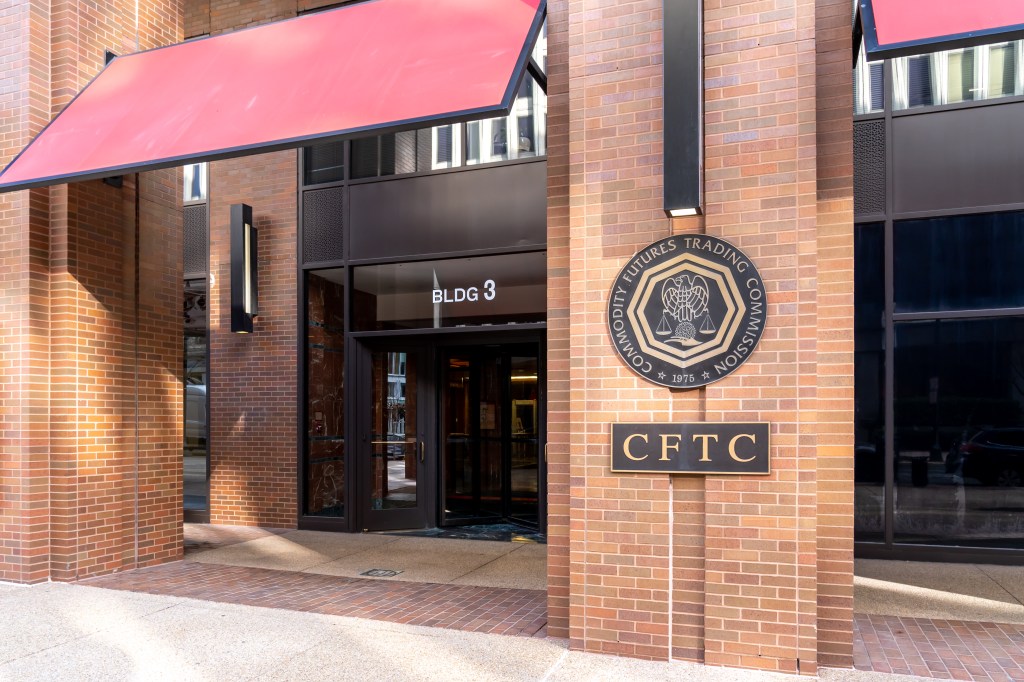Key risks, examination topics, and priorities the SEC’s examinations division plans to focus on in the coming year have been released by the agency in a 28-page examination priorities for 2024 document.
“We hope that aligning the publication of our examination priorities with the beginning of the SEC’s fiscal year will
Register for free to keep reading
To continue reading this article and unlock full access to GRIP, register now. You’ll enjoy free access to all content until our subscription service launches in early 2026.
- Unlimited access to industry insights
- Stay on top of key rules and regulatory changes with our Rules Navigator
- Ad-free experience with no distractions
- Regular podcasts from trusted external experts
- Fresh compliance and regulatory content every day













